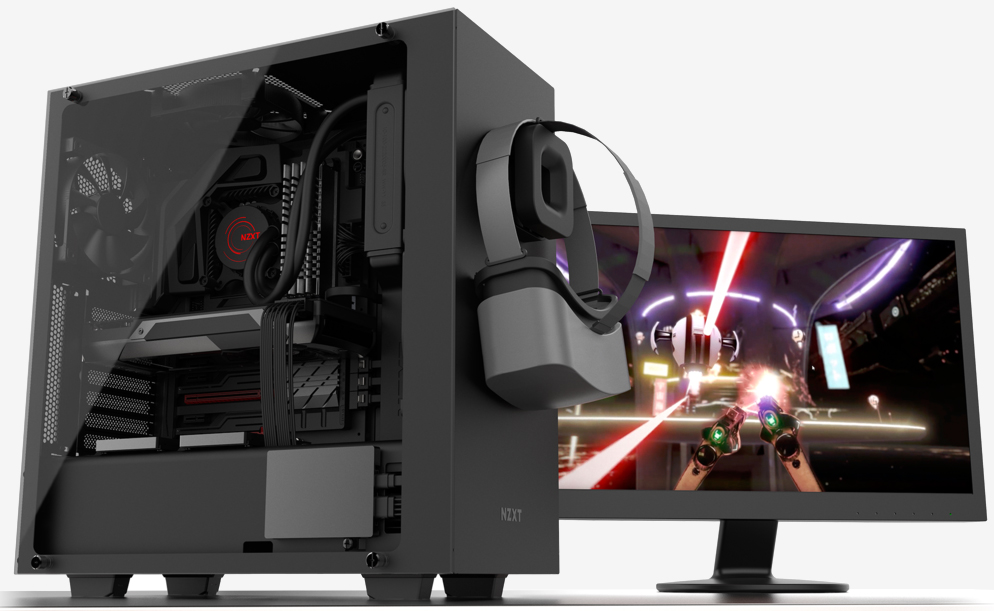Everyone knows that the PC is the ultimate gaming machine. People who deny that are just too deep in their bias or are simply in denial. Most PCs can stand toe-to-toe – or even rise above – conventional consoles when it comes to graphics, number of games, and multiplayer experience. However, you can go above and beyond the typical gaming experience by building a dedicated gaming PC.
Don’t Buy Pre-made
While most professional gamers get their desktops or laptops pre-made, the majority of PC gamers build theirs from scratch. Creating your own rig gives you the freedom to customize your setup, making it as basic or as ostentatious as you want it to be. Of course, assembling the parts and building your own PC will cost significantly less (or more if you go that route). You can do it on your own or buy the parts through a store. Their dedicated computer builder can do the assembly for you.
Determine Its Use
Gaming might not be the only purpose of your rig. Although your PC might be primarily used for gaming, you won’t be able to say no to a sibling or parent who needs to use it in an emergency. Make sure to note all the possible uses of your PC (printing, streaming movies, video editing, etc.) and buy the necessary parts and peripherals required.
How Much Space Do You Have?
You can build small and compact or imposingly large. Opt for a smaller casing (and configuration) if you don’t have space, but go for a tower if you have it. A larger casing makes it easier to slip in add-ons like liquid coolants or LED lights. Even if you’re okay with standard cooling measures (fans and whatnot), a bigger casing makes it easier for air to flow and keep your rig cool. It also makes it easier to remove and replace components when repairing or upgrading, especially if you have big hands.
Opt for a 6-core or More if You want to Try VR
Most PC games will run on a decent quad-core processor. However, investing in a faster and more powerful processor ensures that your PC can run more complex games released a few years from now. Opt for a 6-core or 8-core to cover all your bases, especially if you’re planning to run virtual reality (VR) games.
Don’t Go Overboard on RAM
Having a bit of RAM (pun intended) is fine, but you don’t need to push it to the limit. Even the most complex games out right now only require 3GB of RAM. While some operating systems can recognize up to 512GB or even 1TB of RAM, you simply have no use for that much. 8GB of RAM should be enough to cover the next 5-10 years of your gaming life. Save on RAM, but…
Splurge on Graphics
4K gaming, multiple screens, 100+ FPS – the stuff that elevates your gaming experience relies on a great graphics card. Opt for one of the latest ones if you can afford it or go down the line until you find one that suits your budget. Don’t bother using two on a single PC. Although the practice was once possible (even encouraged), newer motherboards might have driver issues and most games will only recognize one.
Welcome to the world of elite gaming. With your new gaming rig, you can look down on the peasants on their consoles, their single screens, and 60 FPS games.
